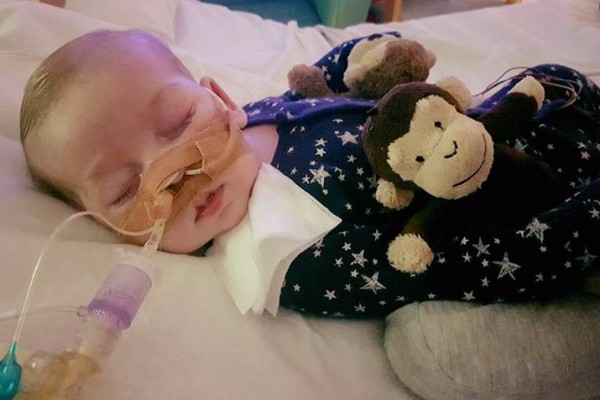Earlier this week, Australia’s Daily Telegraph reported a baby boy was in a critical condition in hospital, after his parents refused him the Vitamin K injection commonly recommended for newborns.
This injection is recommended to try and combat babies developing a rare, but severely harmful condition, called Vitamin K Deficiency Bleeding (VKDB).
As a result of developing VKDB, the baby in question suffered a brain haemorrhage, and will likely be left with cerebral palsy, reports Telegraph journalist Jane Hansen.
According to the Medical Association of Australia, the baby has been caught up in a growing ‘anti vaxx’ movement in the country, where parents are opting against lifesaving injections for their children.
But Vitamin K isn’t a ‘vaccine’ against disease, so what is it exactly?
We asked Dr Stephen Child, Chair of the New Zealand Medical Association, to explain.
“Vitamin K is a product made by bacteria in our gut, and the product gets absorbed into the liver, and then it adds to our blood clotting factor. Simply put, we need to it to form proteins in order to clot our blood and stop bleeding.”
The problem is that some babies don’t have enough Vitamin K when they’re first born (their gut hasn’t had a chance to produce adequate amounts yet.) So they need a little help along the way.
“Some babies when they are born do not have adequate clotting factors,” he explains. “So we give them some Vitamin K to help them clot in the form of an injection.”
As Dr Child states, the opposition against the injection is pretty hard to comprehend, due to the fact that it should be a “naturopath’s dream”.
“It’s a natural substance produced by bacteria. It’s not a foreign protein or something concocted in a lab, it’s an essential component for the body.”
Toddler dies after parents treat Meningitis with Maple Syrup.

Anti vaxx parents steer clear of immunisation against disease
But nevertheless, a growing number of parents are opting against Vitamin K, as anti-vaxx groups include the shot as part of their campaigns.
Despite the shot containing a substance naturally produced by the body, and there being no scientific evidence for its danger to newborns, many parents are refusing the injection, sometimes leading to the death and serious injury of their child.
Over the last 20 years, six babies have died after parents refused the injection, while many others are left with brain damage.
Dr Child suggests there are three components to the anti-vaccination issue, and none of them reflect well on the parents.
“One component is people don’t want to be vaccinated because they believe the risk to them is higher than the benefit to the whole population. One could consider that this is self-interested,” he told us.
“The second issue is about harm. When it comes to depriving a child of preventative medicine, the absence of which could be harmful, we meet a very grey area indeed.”
This is why many hospitals have ethical committees, who have the power to overrule these parental decisions in some cases.
Most notable are those involving Jehovah’s Witnesses – who are strongly against blood transfusions as part of their faith.
In 2014, a high court judge ruled that a badly burned boy should receive a blood transfusion, against the wishes of his devout Jehovah’s Witness parents, as this was best for his welfare. But overriding parents in cases such as vaccination is more tricky.
Dr Child’s final point on the matter is about ‘health literacy,’ or even more worryingly, people’s willing ignorance to the science.
“It’s about the concept of evidence based care vs belief based care. There are many that either don’t know the science or won’t believe it, and therefore see their belief system as more important than scientific evidence, and that is a concern in the population generally.”
For more information on the Vitamin K injection, take a look at Kidshealth.


